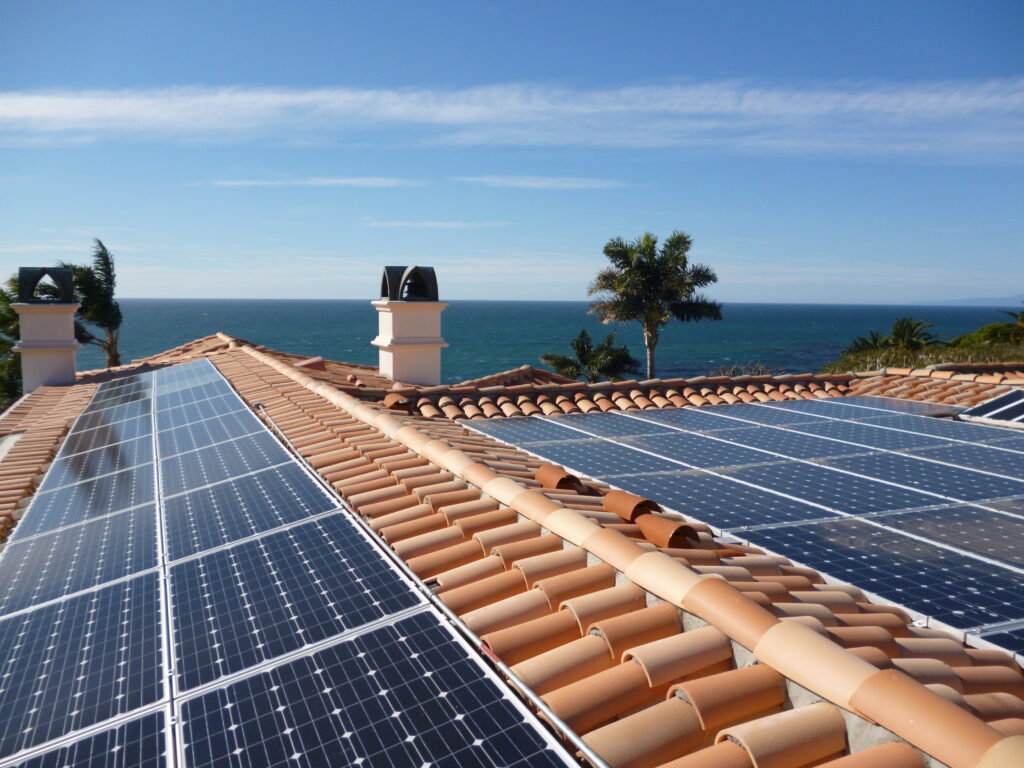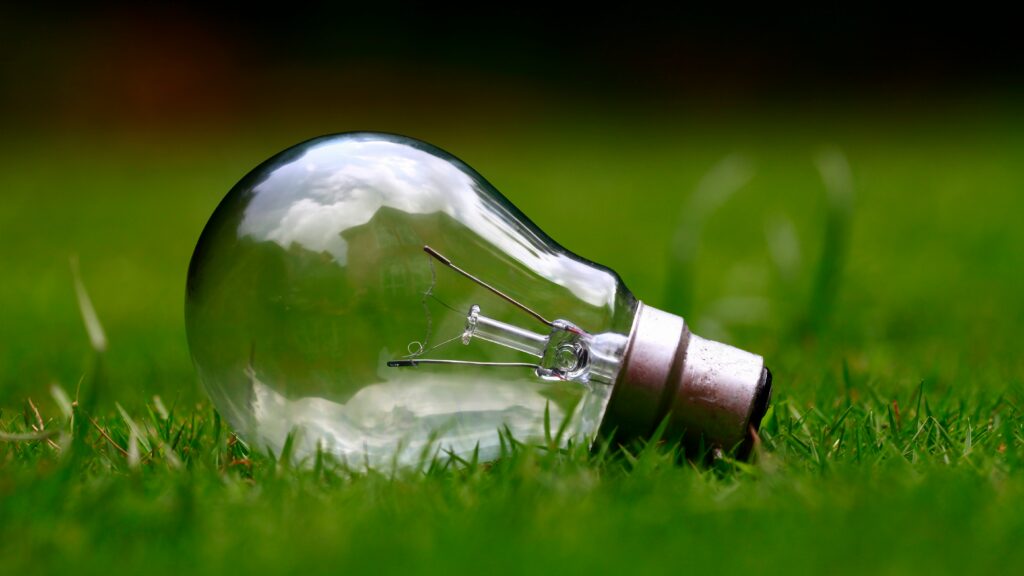Oh, that’s original. Canary Media emails that “Electricity prices are rising all over the country” before claiming that “in California, lawmakers just took a big step toward curbing them.” Apparently the plan is to make utilities charge less and pay more and hope they don’t go broke. But it is original, to some degree, in admitting that energy prices are high and rising and that, implicitly, climate zealotry is to blame. As for instance because in California “rapidly rising costs for the state’s three biggest utilities… are in turn driving up rates for their customers. Those residents now pay roughly twice the U.S. average for their power, and nearly one in five are behind on paying their energy bills.” And here you told us they were cheaper. As when Heatmap Daily emails bluntly about “The Clean Energy Transition’s Dirty Underbelly”, namely all the mining to get the minerals for “clean” energy. Who knows? Maybe it will start a trend of debating reasonably, admitting contrary evidence and, what the heck, attacking adversaries’ arguments not their characters.
At CDN we have frequently lamented the futility of trying to reason productively with people who don’t believe in trade-offs. So we were very encouraged that the article the Heatmap email teased to starts:
“We cannot hope to halt or even slow dangerous climate change without remaking our energy systems, and we cannot remake our energy systems without environmentally damaging projects like lithium mines. This is the perplexing paradox at the heart of Extraction: The Frontiers of Green Capitalism, a new book by political scientist and climate activist Thea Riofrancos, coming out September 23, from Norton.”
Not because we buy the premise of the opening clause. But because, if you do buy it, it necessarily entails some very real issues that they don’t try to wish away. It is of course possible to conclude that the filthy slave-labour mining is worth it. But it’s also possible to conclude that it’s not, because climate change isn’t as bad as you thought, green energy isn’t as good once put in place, or the mining needed to put it in place is just too hideous. Once you admit that there is something to discuss. It beats the heck out of those articles peddling let’s-just-quadruple-the-grid-and-all-get rich claims.
As the Manhattan Contrarian just wrote, of his prediction that New York might well be the first jurisdiction whose woke policies took it hard into the “Green Energy Wall”, the biggest crisis at the moment isn’t in generation or storage, it’s in the grid:
“what would be the limiting condition that would put a stop to the madness? Would it be confronting the absurd costs of grid-scale battery storage? Or perhaps a string of blackouts caused by insufficient backup of the wind and solar generation? Here in New York, we are starting to see some push back from politicians on the fantasy green energy transition, but the source may be the last thing you would have predicted. The immediate issue is the cost of upgrading local delivery infrastructure to transmit sufficient electricity for the imagined future of electrified buildings and vehicles.”
The time for wishing such things away has passed.
We’ll even cut Heatmap some slack over this one:
“The Messaging War Over Energy Costs Is Just Beginning/ The new climate politics are all about affordability.”
Not because we believe it’s all in the mind and spin trumps substance. But because they admit that affordability is a real issue. Mind you we’d love to debate their claim that subsidies really lower costs instead of just shifting and hiding them:
“Clean energy advocates are attempting to capitalize on that, trying to get Americans to connect the dots between their mounting electricity bills and their representatives in Congress who voted to cut support for renewable energy. Some of this is run-of-the-mill politicking, but it’s not only that. It also represents a strategic shift in how the climate movement talks about the energy transition.”
We’d also like to take them on over whether the sale price of subsidized power reflects its true cost, or just get them to sit through ECON101. But the big point is that alternative energy is either cheaper or it’s not. And if we’re debating it, whoever’s right is a lot more likely to prevail in debate than if we’re not. Including on the question of whether an industry that can’t profit without an endless flood of tax-funded subsidies is really cheaper.
The Economist, bewailing “Dark days for climate action” and the dreaded “greenlash,” nevertheless insists that:
“regardless of how voters feel about it – the green transition will continue anyway (albeit more shakily). Clean energy will prevail as long as its cost keeps falling.”
Yeah. As long as. But if it doesn’t, or it turns out to be higher than you thought, directly, indirectly, or both, the green transition won’t continue anyway and you need to say so. Or at least acknowledge that you were mistaken about the low and falling cost. As for instance when it turns out that, in The Economist’s homeland of Britain, in the Telegraph’s words:
“Net zero costs ‘will add £100 to household energy bills from April’/ Blow to Miliband’s cheaper power pledge as cost of renewables projects set to balloon”
You especially need to admit something dramatic is going on in the area of energy prices if, say, unions in Germany have broken the progressive lockstep to say the green Energiewende has driven up costs to the point that industry is fleeing the once-mighty economic engine of Europe and they’re being thrown out of work. Which some did this summer.
On that basis we were also charmed by a Canary Media article saying:
“Illinois farmers find that sheep and solar arrays go well together/ The agrivoltaics practice of raising sheep under solar panels is a win-win for Illinois farmers — but first the market for lamb meat needs to grow.”
And not only because they weren’t trying to serve solar panels with a side of soy milk veganism.
It’s not quite bucolic as we normally understand the term. But it does seem, again, to take seriously a complaint about that particular form of alternative energy, its huge and ecologically destructive footprint, and try to propose something positive in response:
“Solar advocates, researchers, and developers have given much attention to agrivoltaics. The practice includes growing crops like blueberries, tomatoes, or peppers in the shade of solar panels and letting cows or sheep graze around the arrays. Perhaps the biggest benefit of agrivoltaics is that land is not being taken out of agricultural production in favor of clean energy, a concern that has stoked intense opposition to solar.”
As the late Charlie Kirk was fond of saying, it really is important to listen to one another. Also we love lamb chops, and happily eat them with peppers. Apparently most Americans don’t. They should try them. We might also add to Canary Media’s point that vast fields of corn and soybeans don’t mix well with solar and that if the U.S. government would get out of the agricultural subsidy business, including the wretched ethanol boondoggle, and let everyone compete on a level field, figuratively and literally, everyone would be better off except the subsidy farmers.
Then there’s Inside Climate News pondering solemnly this key trade-off:
“There’s the whimbrel. It’s a large brown and tan shorebird with long legs and a curved beak it uses to dig into the sand and mud for food. And there are wind turbines – 176 of them to be exact – being built about 27 miles off the coast of Virginia Beach to produce 2.6 gigawatts of electricity. As the whimbrel flies south for the winter, and humanity seeks the clean energy that could stave off the worst consequences of climate change, researchers in Virginia are seeking to answer a question: Can the whimbrel and turbines in its flight path coexist peacefully? ‘We need to know a lot more about how the birds are moving out over that open water,’ said Alex Wilke, a coastal scientist with The Nature Conservancy. ‘How might this additional infrastructure – these offshore wind energy projects – impact them?’”
Maybe “impact” was an unfortunate word choice. But at least they’re asking the question.
We also like advocates of wind and solar thinking and talking about the physics and engineering of grid stability. If they really can make it work, if they can overcome problems of scale and distribution and battery technology leaps forward and so on, we could be persuaded that wind and solar have a bright future. But we really do need to see the practicalities acknowledged and analyzed. Including the very basic point that, when you get down to such things, it’s complicated, especially given the ways in which subsidies distort the picture. And that one thing that’s certainly complicated, for them anyway, is that the “green energy transition” at least coincided with, if it did not cause, a vast surge in the cost of power.



As well as a vast reduction in flying creatures, don’t forget about those.
Your article does identify the very real and concealed technical challenges of so-called green energy, and the fiction of their low cost. The flagrant misuse of the subsidy strategy exposes the non-viability of alternative energies, even after decades of development.
The hidden cost and impracticality of renewables in Europe is being gravely exacerbated by the shutting off of affordable energy from Russia, as the US and Europe play their geopolitical wrestle. The replacement of Russian energy by increasingly LNG from the US, at 3 -4 times the cost, is crippling the German and other European economies.
We learn recently that European EV sales are well below target, most probably due to the exorbitant cost of most bloated, heavy and uninspiring electric vehicles, in addition to the utter void in real public charging infrastructure. European manufacturers are already sounding the alarm on the viability of their organisations. I only wonder how this will all play out when the internal combustion engine manufacturing ban mandate takes effect in 2035.
One good hail storm and acres and acres of solar panels are toast.Not to mention the environmental mess such a weather event would create.
If renewables are getting cheaper, why is there a need for subsidies? Just asking’.
The idiots in charge in Bruxelles will most likely walk back their 2035 ban on ICE car manufacture when they get hit in the gut by economic, physical and environmental reality and then claim the walkback as a victory...